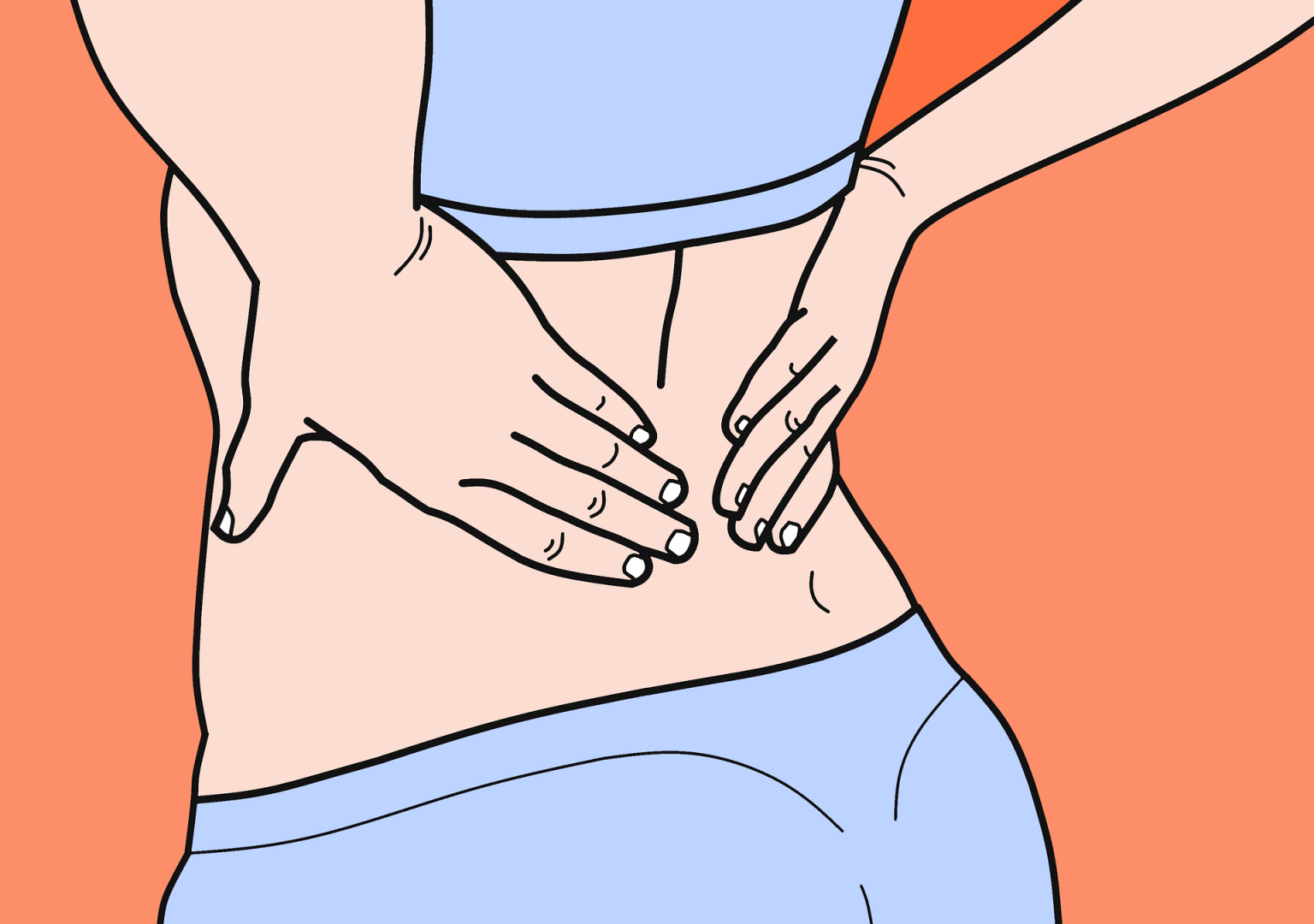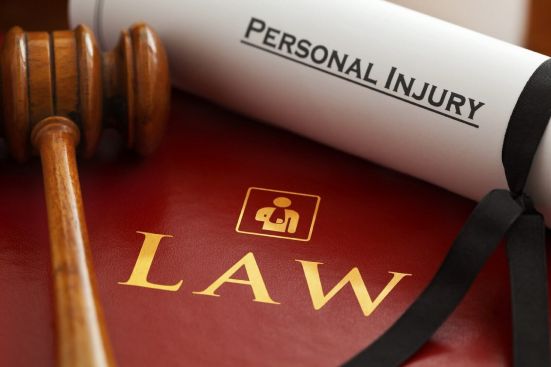Need Immediate help? Call 717-397-1010
After Hours Call / Text 717-471-2168
Need Immediate help? Call 717-397-1010
After Hours Call / Text 717-471-2168

Heart attacks have long been associated with physical exertion, especially in a person who is not physically fit. They have also been connected to fear, anger and stress. As a result, the idea of a person having a heart attack on the job is not at all surprising. Whether an employee works in a labor intensive job, a job that subjects them to extreme heat conditions, or simply a career that causes a lot of anxiety and stress, the only people who generally argue that a job can’t cause stress would be a company trying to deny a workers’ compensation claim. Fortunately, the workers’ compensation board and the Commonwealth Court have ruled in favor of these claims in the state of Pennsylvania. As long as the employee can establish that they suffered a heart attack and that it arose in the course of employment and was related to their job, all they need is an unequivocal medical opinion that links the injury to the environment. Though there is some comfort in knowing that an experienced workers’ compensation attorney can help you get the compensation that you deserve in case you do suffer an attack, it is far better to avoid the situation entirely. By keep yourself in good physical condition and learning the early warning signs of a heart attack while working, you can go a long way to protect yourself.
If you believe that you are at risk of having a heart attack on the job, there are a number of typical symptoms of heart attack that you should be familiar with. These include:
It is important to remember that everybody experiences heart attacks differently, and that women’s symptoms often differ from those experienced by men. If you fear that you are having a heart attack on the job, seek medical attention immediately. If you do have a heart attack on the job and your employer or their insurance company denies your workers’ compensation claim, contact the attorneys at Vanasse Law for knowledgeable legal representation.

If you were asked what profession reports the most work-related back and musculoskeletal injuries, what would your guess be? Construction worker? Warehouse worker? You would probably be surprised to hear that according to the Bureau of Labor Statistics, nursing assistants sustain more of these life-changing injuries than any other group of workers. They are followed by warehouse workers, truckers, stock clerks and registered nurses. The statistics are stunning in the sheer numbers: as a group, orderlies and nursing assistants each suffer these injuries at a rate three times higher than construction workers. Much of this has to do with the fact that they are lifting and moving patients on a constant basis, and an increasing number of patients are obese.
Research into what is causing these injuries reveals that there are a number of contributing factors, including laying blame at the feet of the hospitals and nursing schools where these workers are taught how to move patients. It is essential that proper body mechanics are used. But according to William Marras, director of the Ohio State University’s Spine Research Institute, there is no safe way for an employee – or even a group of employees – to lift an obese patient manually. “The magnitude of these forces that are on your spine are so large that the best body mechanics in the world are not going to keep you from getting a back problem,” he said.
In light of the fact that there is little hope that anything will change in terms of the patient population and their weight, the answer lies in facilities providing their staff with the tools that they need to keep them safe. Motorized hoists that are similar to those used in factories are being introduced in health systems around the country, and hospitals are conducting intensive training sessions designed specifically to prevent injury.
Those facilities that are not equipping themselves properly are risking their employees’ suffering back and spinal injuries that jeopardize their long-term health. According to assistant secretary of Labor David Michaels, “It means that workers who are relatively young have to stop working early, in many cases.”
Many workers in traditional industrial settings are specifically prohibited from lifting anything heavier than 35 pounds on the job, but health care workers are typically lifting patients weighing multiples of that dozens of times per day. The result is often a career-ending injury that leaves the employee with little recourse beyond filing for workers’ compensation insurance. Workers’ compensation provides those who have been hurt on the job with reimbursement of their medical expenses, time lost due to their injury, and long-term disability if it is needed. If you are a healthcare worker who has suffered a back or spine injury as a result of lifting heavy patients, contact the workers’ compensation attorneys at Vanasse Law to learn more about your rights.

It would be nice if every employee in the state of Pennsylvania had the sense of security provided by having their employer provide them with workers’ compensation coverage. This no-fault form of insurance means that when a workplace injury or illness occurs, the employee can get compensation for their medical expenses and care, their lost wages, and even compensation for specific injuries or total disability. Workers’ compensation even provides benefits to survivors of employees who are killed on the job. Unfortunately, workers’ compensation is not required of every Pennsylvania employer. As experienced workers’ injuries attorneys, the law firm of Vanasse Law is dedicated to providing you with the answer to all of your workers’ compensation questions. If you need to know whether your employer is required to have workers’ compensation insurance, you may find the information you’re looking for below. If you still have questions, we invite you to call our office to set up a consultation.
The rules regarding workers’ compensation would be fairly straightforward if there were not so many exceptions. They set out that any employer that employs at least one employee who could possibly be injured or develop a work-related illness has to provide this important benefit. This is true whether the injury occurs while in the state or outside of the state to an employee who is principally based within Pennsylvania. This also includes those who are working under a contract made in Pennsylvania.
The exceptions that make Pennsylvania’s workers’ compensation requirements difficult to understand are numerous. Employers do not have to provide workers’ compensation coverage if all of their workers are federal workers, railroad workers, or longshoremen. They do not have to provide coverage for casual workers who are not working for the business on a regular basis or for those who work out of their own homes or another location who is responsible for working on items that the business has given to them that the business will end up selling. There is no requirement that employers provide coverage to agricultural laborers making less than $1200 per year in circumstances where no single worker works 30 days or more per year and/or the employer’s spouse or children under the age of 18 have not specifically requested coverage. There are other exemptions, including sole proprietor or general partnership businesses, domestic workers who haven’t requested inclusion, persons whose religious beliefs have granted them exemption or executive officers who have been granted exclusions. Interestingly, licensed real estate salespersons or associate real estate brokers who are affiliated with them are also excluded.
What is important to remember is that these exclusions only apply if all of the business’ requirements meet one or more of the requirements listed above – otherwise the business needs to provide coverage. If you are confused as to whether you are supposed to be receiving coverage or not, the attorneys at Vanasse Law can help. Contact us today for more information.

If you own or lease a car, then you probably know all too well how expensive automobile insurance rates have gotten. It seems as if every time your policy renews the price jumps up a bit, and those incremental increases add up over time. If you’ve gone looking for a better rate and complained to an insurance sales rep, you’ve probably been told that the reason that rates are so high is that the insurance companies end up having to pay such large damages on behalf of their clients who are charged with negligence in personal injury lawsuits. This is an easy excuse to give, but it is not necessarily the truth. Let’s take a closer look at whether and how tort reform has affected auto insurance rates.
First we need to understand what tort reform is. Tort reform is a legislative adjustment to the way that the legal system in some states address personal injury lawsuits. Though there are a number of ways that tort reform can be enacted, it generally limits the financial award that a jury is able to provide in compensation for damages. This would bring an end to what insurance companies say happen when a case reaches a jury: they claim that juries feel great sympathy for victims and give them financial awards that are neither fair nor practical. Sometimes these awards can reach into the millions, and this is why the companies so frequently choose to settle out of court.
The best way to determine whether tort reform works to lower auto insurance rates is to look at states where it has been put into place. What you’ll find is that the arguments in favor of tort reform may make sense when they are first heard, in reality they have had little impact. According to the Consumer Expenditure Survey, states where no-fault repeal has been introduced have only seen auto insurance expenditures fall by 12 percent, and in states where the repeal has simply been to relax collateral source restrictions the expenditures have only fallen by 6 percent. In states where the reforms have been focused on bad faith reform, noneconomic damage caps or modifications to joint and several liability, there has been no measurable impact. Perhaps more importantly, the reforms have done nothing to diminish the number of people who are driving without auto insurance, thus giving lie to the idea that tort reform would create change that would decrease the number of uninsured drivers.
Though the auto insurance industry likes to paint a picture of personal injury attorneys as the “bad guys” who are responsible for high auto insurance rates, the evidence behind this claim does not exist. In trying to enact auto insurance tort reform, the companies are trying to limit the payments that they need to make to victims, but they do little to pass those savings on to their customers.
For information about legal representation involving any kind of personal injury, whether a result of an auto accident, a slip and fall accident, a case of medical malpractice or any other type of injury, contact the Lancaster law firm of Vanasse Law.